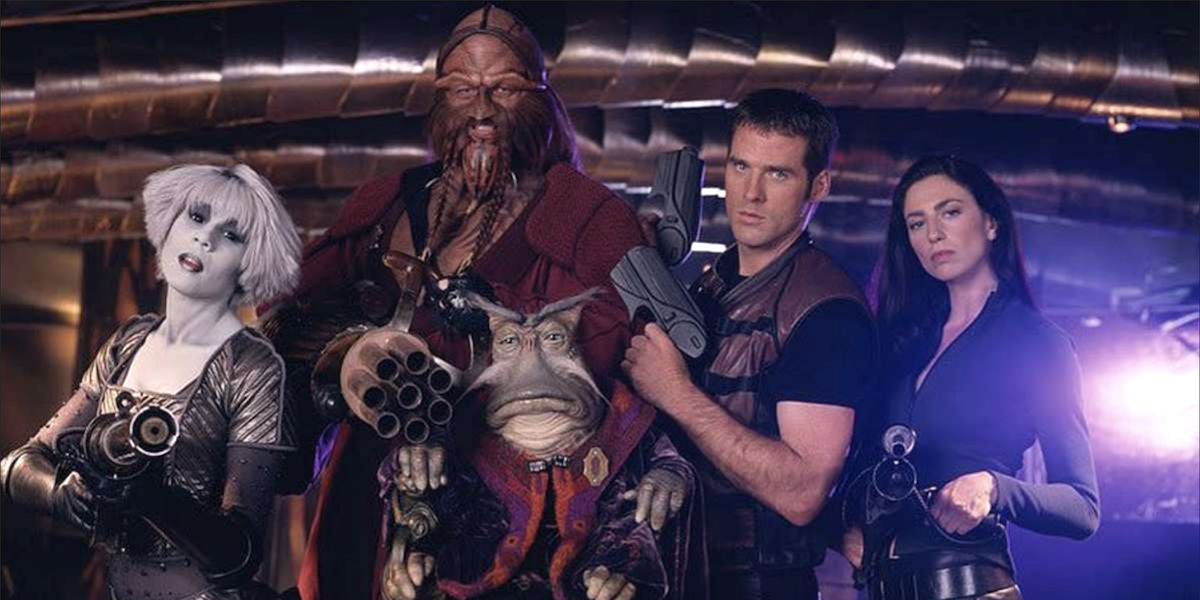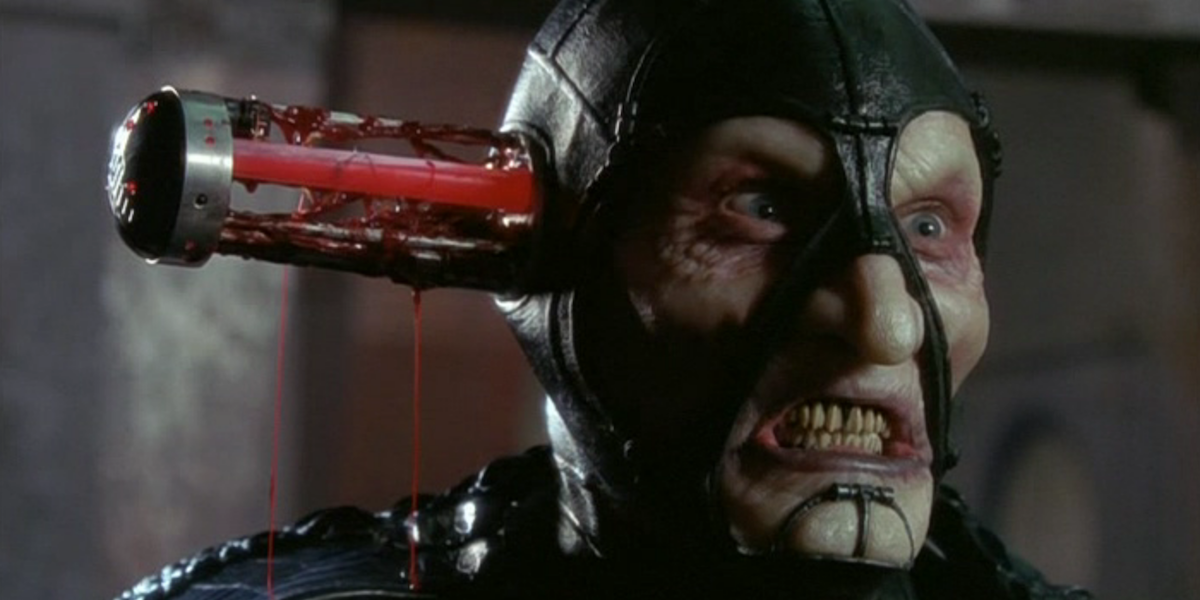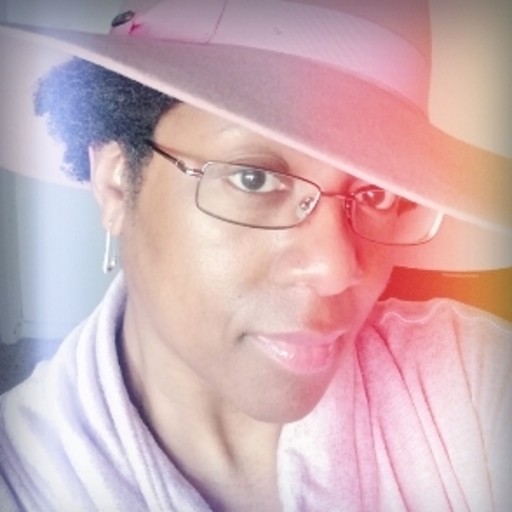Why Farscape Was So Much ‘Fun’ According To One Of The Writers

CinemaBlend participates in affiliate programs with various companies. We may earn a commission when you click on or make purchases via links.
The Sci-Fi Channel's Farscape might still be known as a cult hit, but it was a hit, nonetheless. The Australian-American series, which debuted in the U.S. in March 1999 and ran for four seasons and a finale miniseries, quickly captured the imaginations of a science fiction-loving fanbase with the story of an American astronaut, John Crichton (Ben Browder), whose test flight goes very wrong, which sends him into a wormhole and propels him to a far flung section of the galaxy. Now that we know a follow up of some sort is being considered, writer Ricky Manning, who worked on the original show, has revealed why Farscape was so much "fun."
It was just at last year's San Diego Comic-Con that Farscape creator Rockne S. O'Bannon and executive producer Brian Henson announced that they were working on a revival of the popular series, and with Comic-Con@Home 2020, the Farscape...To Be Continued panel, which featured some of the actors and original series scribe Ricky Manning, saw some talk of this proposed revival come up. When Manning was asked what he'd like to do with the characters on a new show, he revealed that an answer isn't so simple for him, because of the fun way stories were handled the first time around:
Well, the weird thing is, the fun of Farscape was not kinda having that much of a plan. I think Rock and Brian are of a similar inclination, that part of the fun of the original was that it was more like improv jazz than plotting out a symphony. We would sort of start them in a place, and we'd sorta have some idea of where they were going to go, and we would just start going. We would take side trips, we would improvise.
It's hard to imagine that a show which managed to have a completely comprehensible overarching plot, along with telling many individual stories of the week, could have been created in such a way, but the finished product (which can be streamed on Amazon now) proves that this team was up to the challenge. Anyone who writes, even if it's just for fun, will know that it's pretty common to sit down with an idea, only to have it morph into something unexpected as you work. So, it would seem that as long as every writer working on a show is game to play a bit, some great television can come from that kind of experimentation.
Manning went on to explain how the writers managed to work on Farscape the way they did, and said that it was all about paying attention to the surprises that they'd get from other parts of the production as they all crafted the series together:
A lot of the stuff that happened on the show that turned into major plot elements didn't come about because we sat down and thought it through, it was because somebody in the creature shop did something weird, or [producer / director] Andrew Prowse had a rod coming out of Scorpius' head that we didn't expect to see, or one of the actors would do something really interesting, and we would say, 'We're gonna roll with that. We're going to use that.' And that, to me, was part of what gave the series its energy, because everyone was willing to improvise.
OK, the idea that no one had planned for Scorpius, one of the main villains of Farscape, to need a cooling rod in his head to help absorb excess body heat caused by the Scarran side of his DNA is fascinating. As Ricky Manning said, Scorpius' background was a huge part of his character, so the fact that it was influenced so greatly by a producer / director deciding to add that element without, apparently, any of the writers' knowledge is very telling about how go-with-the-flow everyone on the series was.

While Ricky Manning is clearly still a big fan of the way they did things on Farscape back in the day, one of his goals, should that revival get off the ground and he's able to be a part of it, is to bring that fun sensibility to the new show, as well:
Your Daily Blend of Entertainment News
We needed actors who could commit and roll with it, but, boy did we have that. We could throw just about anything at them and they'd all hit it out of the park. So, I would just love to have that chance again to throw out some melodies and let the band take it up and see where it goes.
I can honestly say that there isn't a Farscape fan in the world who wouldn't be interested in catching up with as many of these characters as possible, but, for now, there's nothing wrong with going back to how the story began and binging the original on Amazon.
The potential Farscape revival is still in the very early stages, so be sure to stick with CinemaBlend for the latest. For now, you can see what to watch on the small screen with our summer TV schedule and fall premiere guide!

Covering The Witcher, Outlander, Virgin River, Sweet Magnolias and a slew of other streaming shows, Adrienne Jones is a Senior Content Producer at CinemaBlend, and started in the fall of 2015. In addition to writing and editing stories on a variety of different topics, she also spends her work days trying to find new ways to write about the many romantic entanglements that fictional characters find themselves in on TV shows. She graduated from Mizzou with a degree in Photojournalism.
